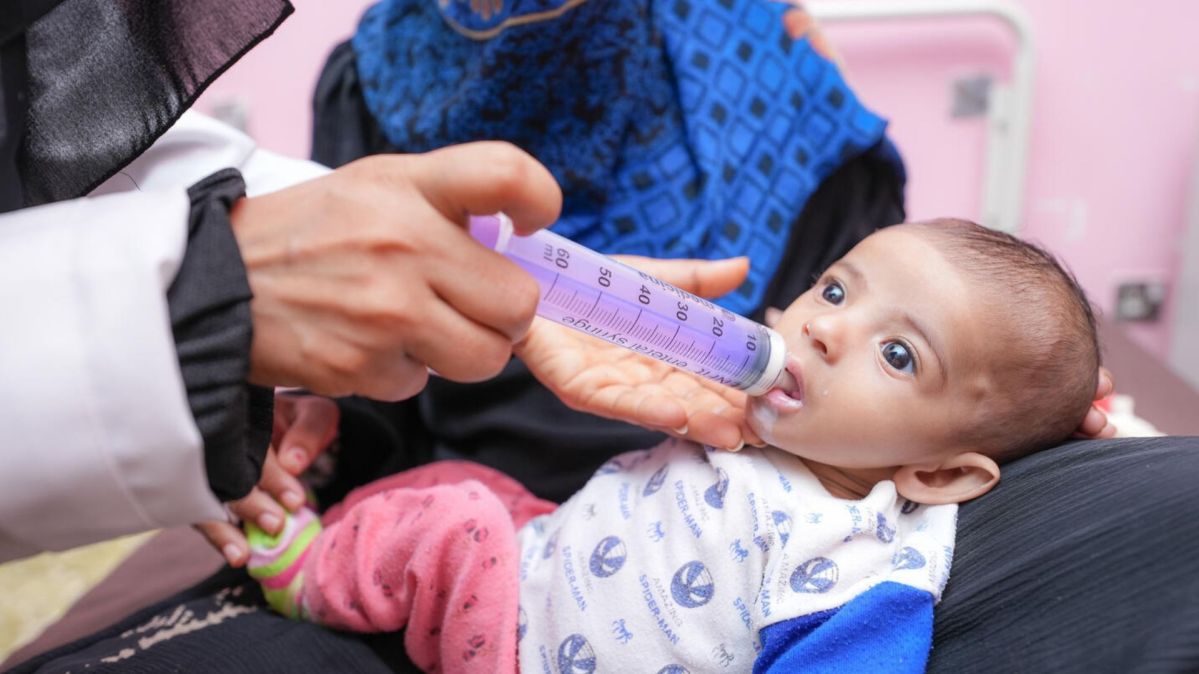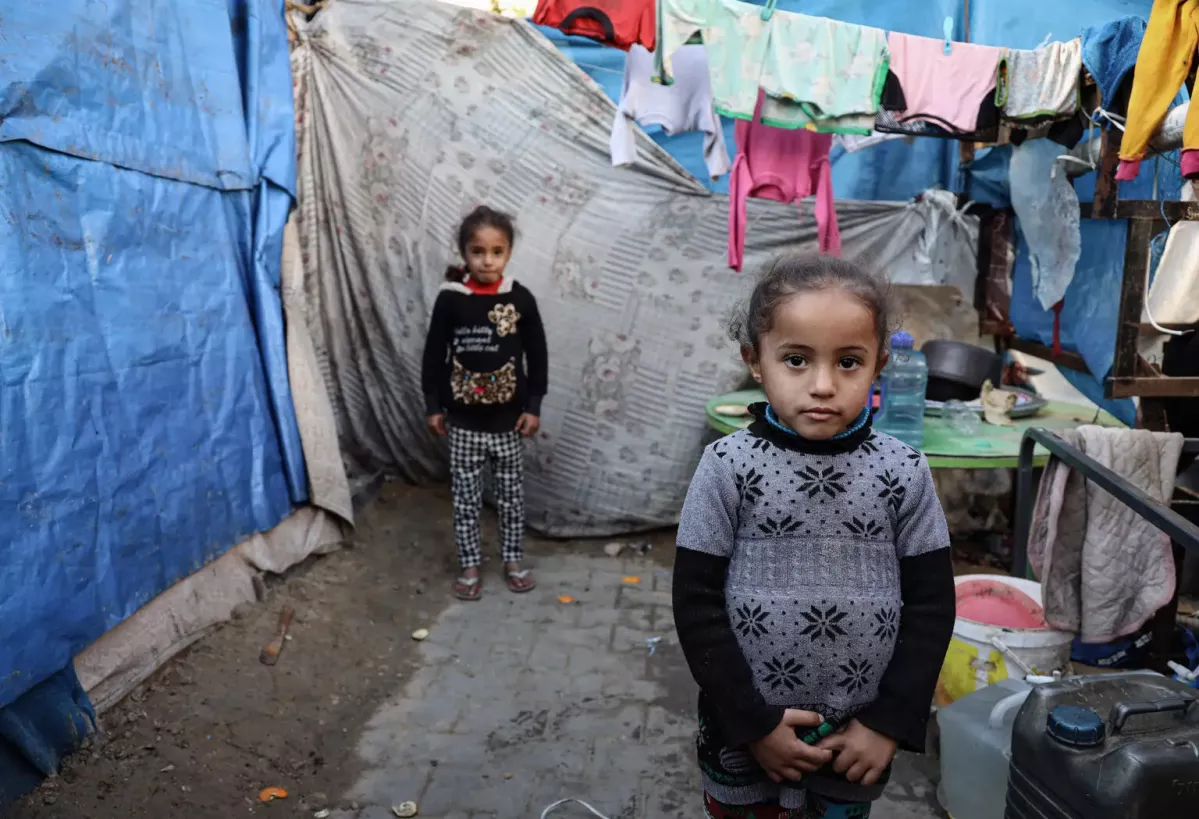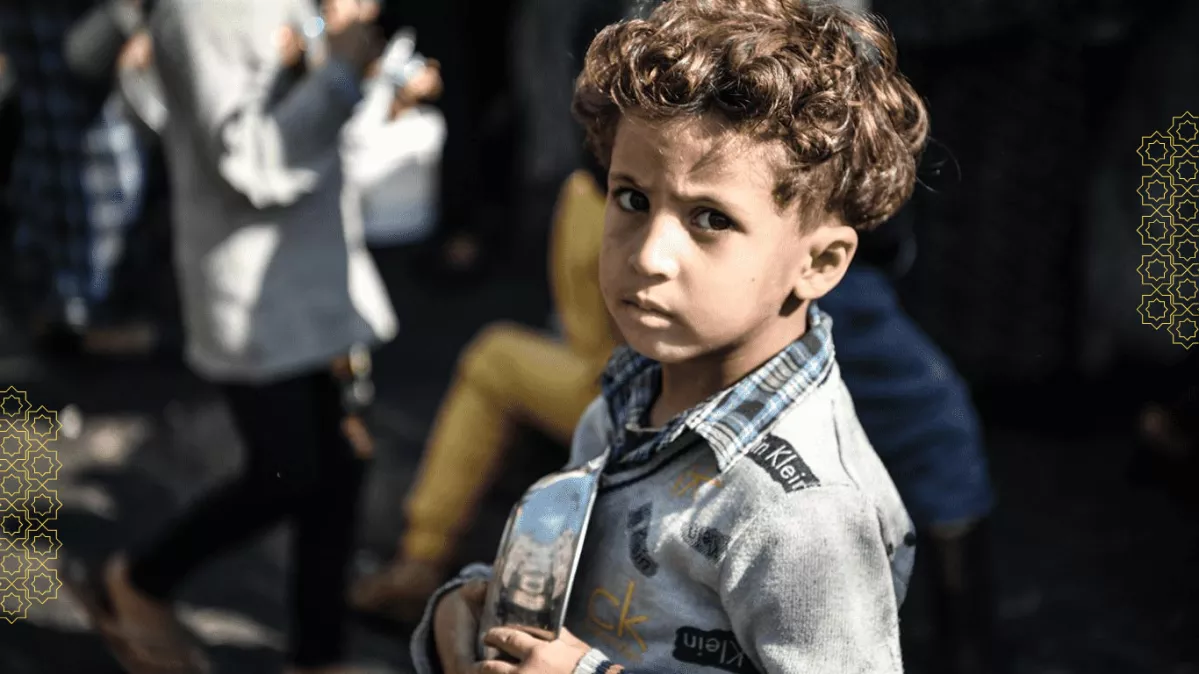Children are dying at an alarming rate – more than 13,000 are reported to have been killed in this current conflict and thousands more have been injured. Around 1.7 million people in the Gaza Strip are estimated to have been internally displaced – half of them children. They do not have enough access to water, food, fuel and medicine. Their homes have been destroyed; their families torn apart.UNICEF and its partners are on the ground in Gaza delivering immediate humanitarian support.
The ongoing surge of hostilities in the State of Palestine and Israel is taking a horrendous toll on the lives of children and their families.
How is UNICEF supporting children in Gaza?

UNICEF is delivering medical supplies to hospitals and health facilities, including incubators and supplies for newborns and kits for midwives. On Dec. 29, UNICEF delivered 600,000 doses of routine vaccinations to southern Gaza, providing a crucial lifeline for children.

UNICEF trucks brought critical supplies including 10,800 family hygiene kits, water tanks and collapsible tanks for 2,500 people, 577,500 sanitary pads, 69,960 bottles of ready-to-use formula for 500 infants, various medical kits and supplementary foods for 55,000 people.

UNICEF has been delivering a range of essential nutrition supplies including, amongst other essentials, high energy biscuits for young children and micronutrient supplementation for children and pregnant and breastfeeding women. UNICEF is also working with partners to conduct screenings in shelters and healthcare facilities for acute malnutrition.